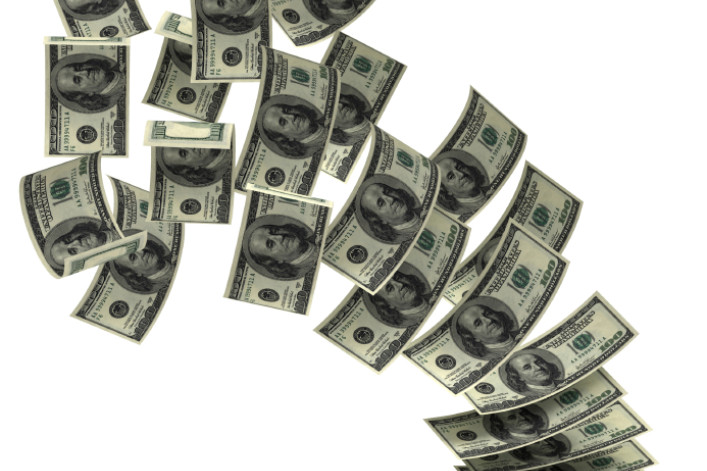My landlord charges $75 if the rent is 3 days late. Is that OK?

We often receive emails from readers asking for help in navigating their own real estate crises. In Realty Bites, we try to get them answers.
THE PROBLEM:
We all know landlords don't look kindly on late rent checks, but this seems a little extreme: one renter has to pay a $75 fee every time his rent is three or more days past the first of the month.
"This was written into the lease when I signed," he says, "but I'm wondering if it's normal, or if there are any legal restrictions on how much my landlord can gouge me."
THE SOLUTION:
As you might have guessed, you're going to have to pay up (or become more punctual), since your late-fee policy is explicitly written into the lease. And in the grand scheme of punitive New York landlords, your $75 penalty isn't nearly as bad as it could be.
"I've seen more onerous charges," says Arik Lifshitz, a landlord and president of DSA Realty. "Sometimes it's written into the lease as a percentage of rent owed—I've seen as high as 6 percent." Meaning that if you're late on a rent of $2,500, you'll be $150 in the hole. "For reference, I charge $50 after 10 days," says Lifshitz, "And I consider myself on the lenient side, but only because I rarely collect it, even if it's owed."
This is for a good reason: while a landlord is well within their rights to include a late fee clause in your lease, "a tenant cannot be taken to court or evicted over amounts that are not the rent charge," says Lifshitz. "If you're stabilized or in any kind of regulated tenancy, you can't be evicted for not paying late fees, since they're not a part of the regulated rent," adds Sam Himmelstein, a tenants' rights lawyer with Himmelstein, McConnell, Gribben, Donoghue & Joseph.
And even if they do drag you to court, there's a chance your landlord's case will be thrown out if their fees are deemed excessive. "There is a standard of reasonableness," explains tenants' rights lawyer Catherine Grad. What constitutes "reasonable" inevitably varies. "A $75 fee for a $500/month apartment would be too high, but not in a $5,000/month apartment," says Himmelstein. "It's almost instinctual" how courts determine what constitutes an excessive late charge, he adds.
Bottom line: you're stuck paying those fees, but even if you don't, it's not likely to end up costing you your apartment. (Your security deposit, and your chances for renewal—or renewal at a decent price—are a different story, however, so think twice before blowing off payments in a market-rate apartment.) And next time you're on the hunt for a rental, check the language of the lease very carefully. "I've been seeing clauses that say, for instance, that your rent is $2,000, but if you pay by the first of the month, it's $1,450," says Grad, who notes that renters will sign them thinking their rent is simply the lower amount without realizing the full terms of the deal. If you've never been one to read the fine print, now's the time to start.
Related:
My roommate's stopped paying rent, and my dad's our guarantor. What do I do?
Sabotaging a landlord during a showing: could you get sued?
Want cheaper rent? Master the art of bartering with your landlord
Security deposit 101: what your landlord will (and won't) forgive
























